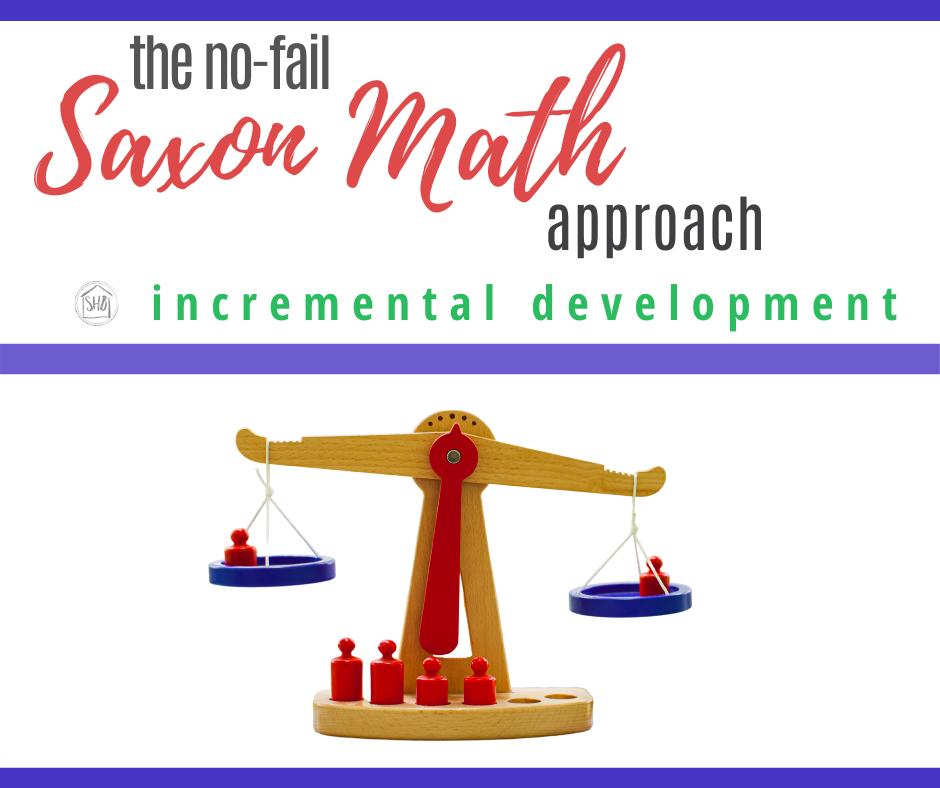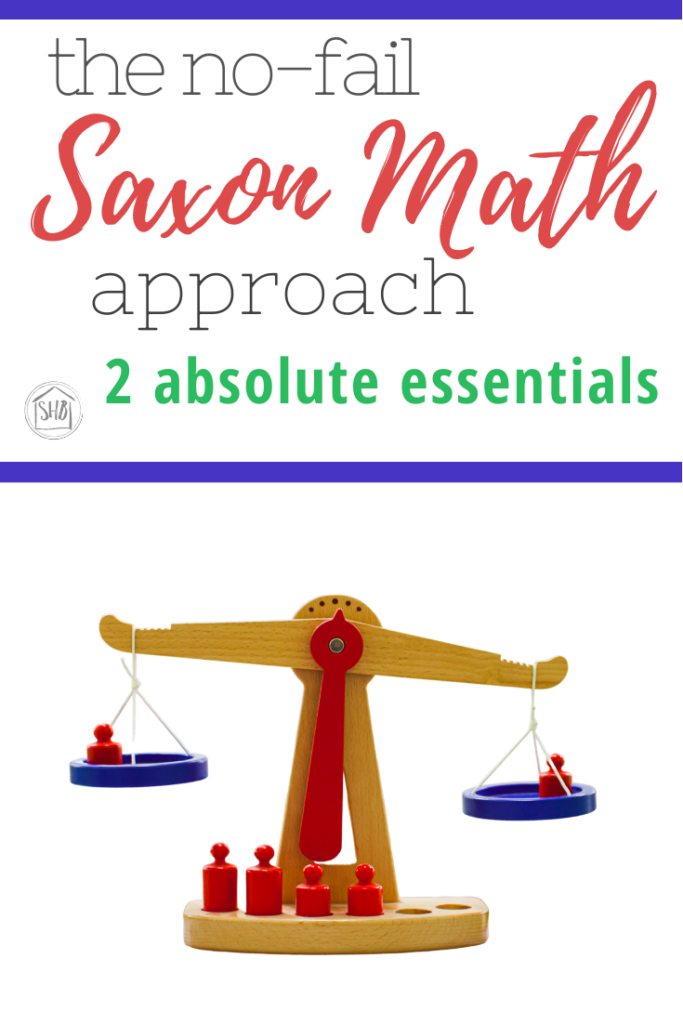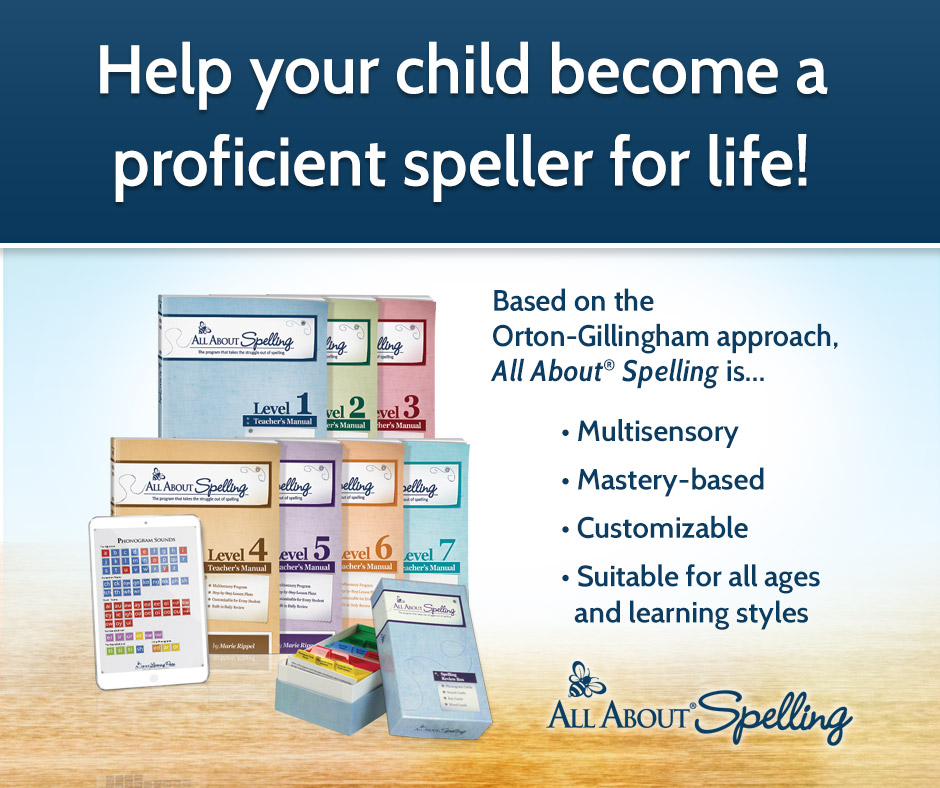
“It takes HOURS!”
“I don’t do the first 30 lessons because it is all review.”
“It is boring. But it works.”
“It is just so tedious.”
“I just give my students the tests until they start to score below a certain grade and then I start there.”
I have heard it all in my Saxon Math groups on Facebook. And I want to scream:
“Stop giving people bad advice!”
This post may include affiliate links. If you click and make a purchase based on my recommendation, I get a small remuneration at no extra expense to you. I only recommend things I use and believe to be a blessing.
You’re doing Saxon Math wrong!
There I said it.
I feel like I have written about Saxon Math more than any other topic in homeschooling. And I honestly feel like one of its defenders. John Saxon had plenty of detractors in his day. Now, after his passing, he has the very people who take his courses, modifying them in ways to fit other educational philosophies or personal preference.
Now, I am never one to be slavish to any curriculum. But there is something to be said for making a choice in a math curriculum and doing it the way the writer intended it.
John Saxon wanted his students to demonstrate mastery of the subject of math. He went about getting those results through a two-pronged approach: constant review and Incremental Development. These two concepts, to John Saxon, were inextricable.
Both And, Not Either Or
I believe most people who use Saxon Math as their curriculum of choice only buy-in on one of these concepts. The other, they discard as they feel led.
Incremental Development
Let’s define Incremental Development, real quick. Incremental Development is the introduction of one concept per lesson. When Saxon wrote his curricula, he wanted the student to to grapple with only one new concept/idea/method per lesson. He noted students would likely take in the new concept and seem to understand it. But then when they returned to class the next day, they would have forgotten the procedure or the grammar of the concept, necessitating review.
After doing a little more research on this concept of Incremental Development, I found out it is considered an optimal way for computer programmers to create new projects. I found this article which states this benefit of Incremental Development:
Incremental development is very advantageous because of its progressive growth which makes it easy to revisit different compartmentalized stages
TechniPages
Saxon’s idea to only give the student one new concept and only a few practice problems in the lesson makes some critics believe the program moves too slow. Because there seems to be less information given the student in the lessons, teachers assume they can skip forward a bit until the student starts to struggle.
I propose this is a short-sighted approach to Saxon Math.
What Happens when we Neglect Incremental Development
Let’s conduct a thought experiment shall we?
Let’s look at each Saxon Math lesson as a complete meal. The new concept is the steak (my oldest loves steak), and the rest of the practice problems are vegetables. And the timed math facts practice is the milk (or juice or water) of the meal.
Each lesson has a very nice, age appropriate portion of steak – just two or three ounces (problems) and a healthy dose of vegetables, too. All that is washed down with some milk (which builds strong bones, right?).
Now imagine a teacher, who has placed her student with the placement test (always take the placement test when starting with Saxon Math), notices the early lessons of the level are concepts the student already knows. She decides to skip the first 30 lessons or so and drops the student right into lesson 31.
If she had doled out the meals each day, the student would have gotten used to her steak, veggies, and milk. But the teacher has, in essence, not skipped the meals. Instead, she has piled the entire month’s worth of meals onto the student on the first day of school. The student may be able to digest some of the 30 steaks, and make a dent in the vegetables. But that milk? Oh, it went bad a couple of weeks ago and we can’t get that back.
The results of neglecting Incremental Development
My metaphor may seem to be a bit of a stretch, but the realities of the situation are similar with Saxon Math. The program is intended to be a nice small mathematical meal – well-balanced and just the right amount for the student. When we skip ahead, the student may fare well. But there will always be skipped nourishments. And there will be less time for the student to digest the new concepts.
I will grant you that there are likely simple concepts in the first 30 lessons, your student could succeed. But if a parent/teacher chooses to skip the incremental development, the student is not getting enough time to marry new concepts to review concepts and not getting sufficient review.
The Long-term Effects
And it may take a LONG time to notice the short-shrift given to the student. Years, in fact. The early years of math instruction are so foundational because the student will be using the math facts and concepts taught in those years as long as he is in a math program.
6 times 8 will always equal 48.
9 squared will always be 81.
And the square root of 144 will always be 12.
What students who haven’t had incremental development struggle with is instant recall of these facts. They were slowly and methodically taught in the early years of Saxon Math. It is done slowly enough for the student to be able to digest each morsel. If it is only required later, the student may never learn the times tables or addition and subtraction facts with the accuracy and speed a third grader can demonstrate.
“So what?” you may ask. The student who struggles through the basic calculations in algebra will take hours to do his work. Not because the work is too much, but because he lacks automaticity. We all know how students who take hours to complete a single lesson feel, don’t we? The whining, the tears, the absolute shut-down and refusal to even try – all this starts, simply because the student is tired of thinking.
Automatic Automaticity
How do we ensure the student has the necessary automaticity to quickly work through math problems with confidence? Incremental Development.
Consider this from The Core: Teaching Your Children the Foundations of Classical Education by Leigh Bortins:
“In a May 2005 article refuting the current math standards of the National Council of Teacher of Mathematics (NCTM), a group of university math teachers enumerated concern over the following points:
1. Student self-discovery of new concepts is time-consuming compared to a teacher demonstrating and leading understanding.
2. Children who do not master basic operations to the point of automaticity struggle with algebra concepts…
3. Even though we want our children to understand why math works and the importance of mathematical concepts, skill mastery precedes abstract application. ‘…That students will only remember what they have extensively practiced – and that they will only remember for the long term that which they have practiced in a sustained way over many year – are realities that can’t be bypassed.'”
emphasis mine
Incremental Development is not just for Math Concepts
I have taken some serious time to look into the nuts and bolts of each Saxon Math level from Saxon K through Saxon 5/4. And do you know what surprised me the most?
Saxon Math is often not really teaching math at all.
In Saxon K, the student is not challenged to even recognize a number until over halfway through the course. Really!! In many of the subsequent Saxon books, there are no new math concepts until a third, to half-way through the text.
What could possibly be going on in these courses if it is not math instruction? Well, the student is actually being taught how to learn. She is given ample opportunity to work through the development of the Grammar stage with emphasis on NAMES.
- naming – defining terms
- attending – paying attention, noticing patterns
- memorizing – math facts practice, number sequencing
- expressing – being able to talk about math
- storytelling – telling stories about math
The student is encouraged to notice, to identify, to question, to reason. It starts in Saxon K, when the bulk of the course simply helps the student to practice following instructions. It continues in the next three years, where the student learns to accept instruction from the parent/teacher. Until, in 5/4, the student starts to learn how to take instruction from a book and how to check her work independently.
I contend, Saxon does all this in a very lean way. There is not a moment wasted on busy work. Not a bit of it. Everything in the lesson, from the morning meeting/warm-up to the last question on the worksheet is full of grammar stage development.
The Best Part of Incremental Development
All this incremental development adds up to one really massive positive outcome: math confidence! You aren’t looking for students who “think” they know how to do something. These students are aware of the concept, but have not had enough practice with it to show facility with it. Rather, you are looking for students who confidently say, “I KNOW how to do that!” You can throw any problem from any of the lessons they have mastered and they will quickly and confidently complete it.
Students who practice incremental development do not panic when they see a new concept. They don’t “freak out” when they have a problem they haven’t seen before. Instead they search through their store of math concepts mastered and start to attack the problem. They may not be sure of the answer immediately, but they have the confidence to try.
Could you skip some of this and still get the same results? Maybe. But once you see the beauty of it, do you really want to neglect to share it with your kids? I truly wish I had owned a measure of math confidence in my elementary, middle, and high school years! Instead, with Saxon Math, I am giving my students the gift of math confidence in their early years.
By the way, I have a LOT to say about Saxon Math. I took the time to put together a 12 page primer for Saxon Math in the Early Years. You can get your copy of it when you sign up right here:

Interested in more about Saxon Math? I hope these articles are a blessing to you:
What Goes Best with Incremental Development?
You already know what I am going to say, don’t you? The best companion to Incremental Development is Constant Meaningful Review.
Yep. That is the secret sauce of Saxon Math.
Once the student has learned the “new” incremental concept for the day, she spends the rest of the time reviewing all the previously learned (and mastered) concepts.
I have a whole bunch to say about Constant Meaningful Review, which I will address in another article. But hear me when I say this – “John Saxon’s program combining Incremental Development with Constant Meaningful Review works!”














